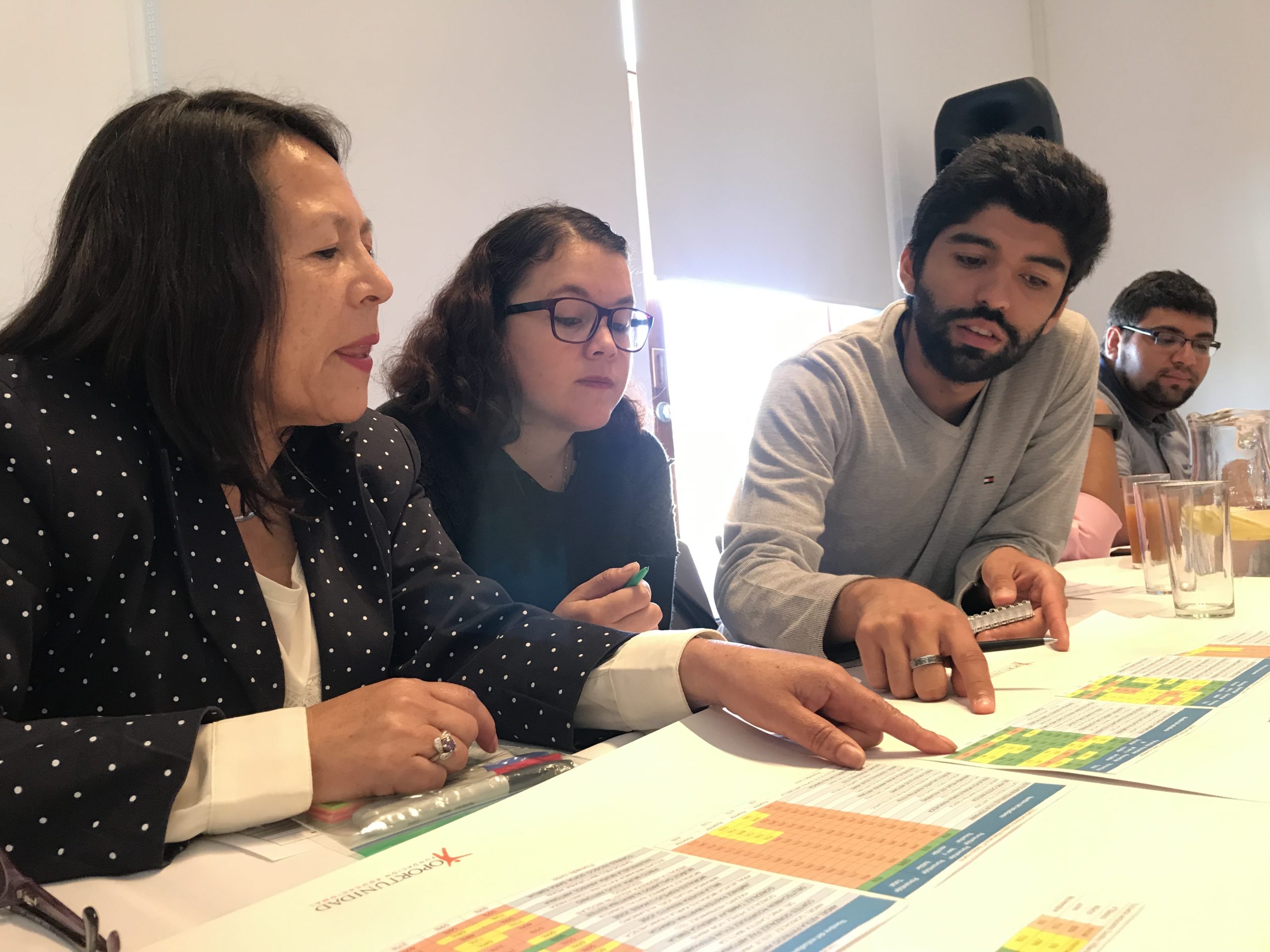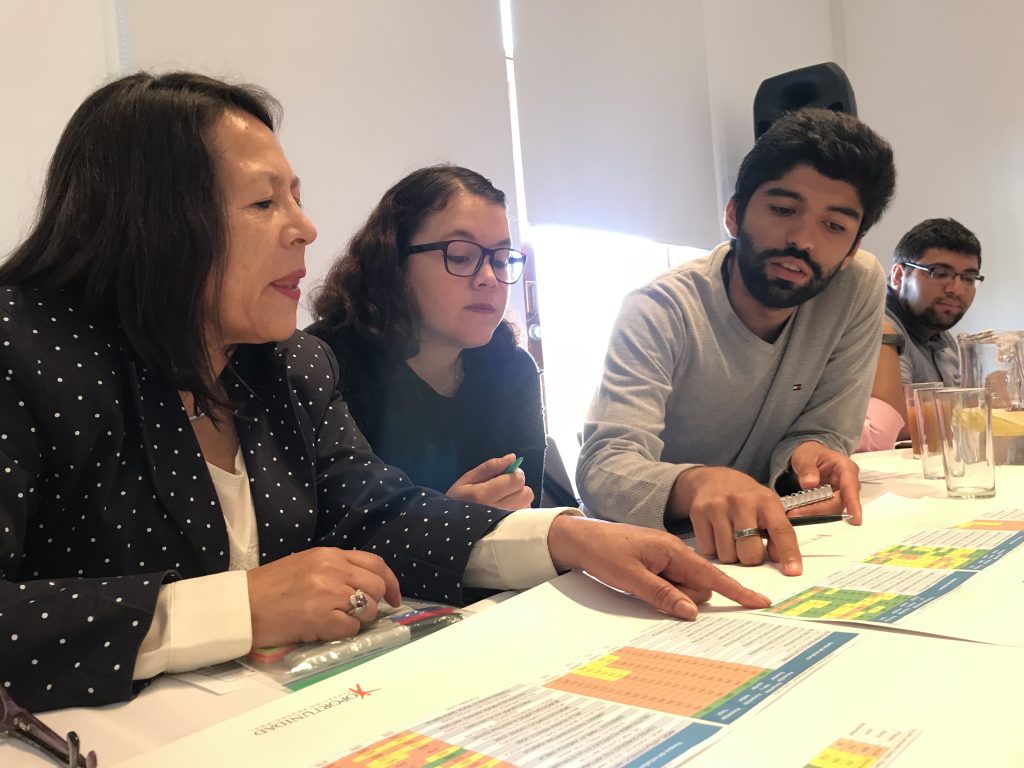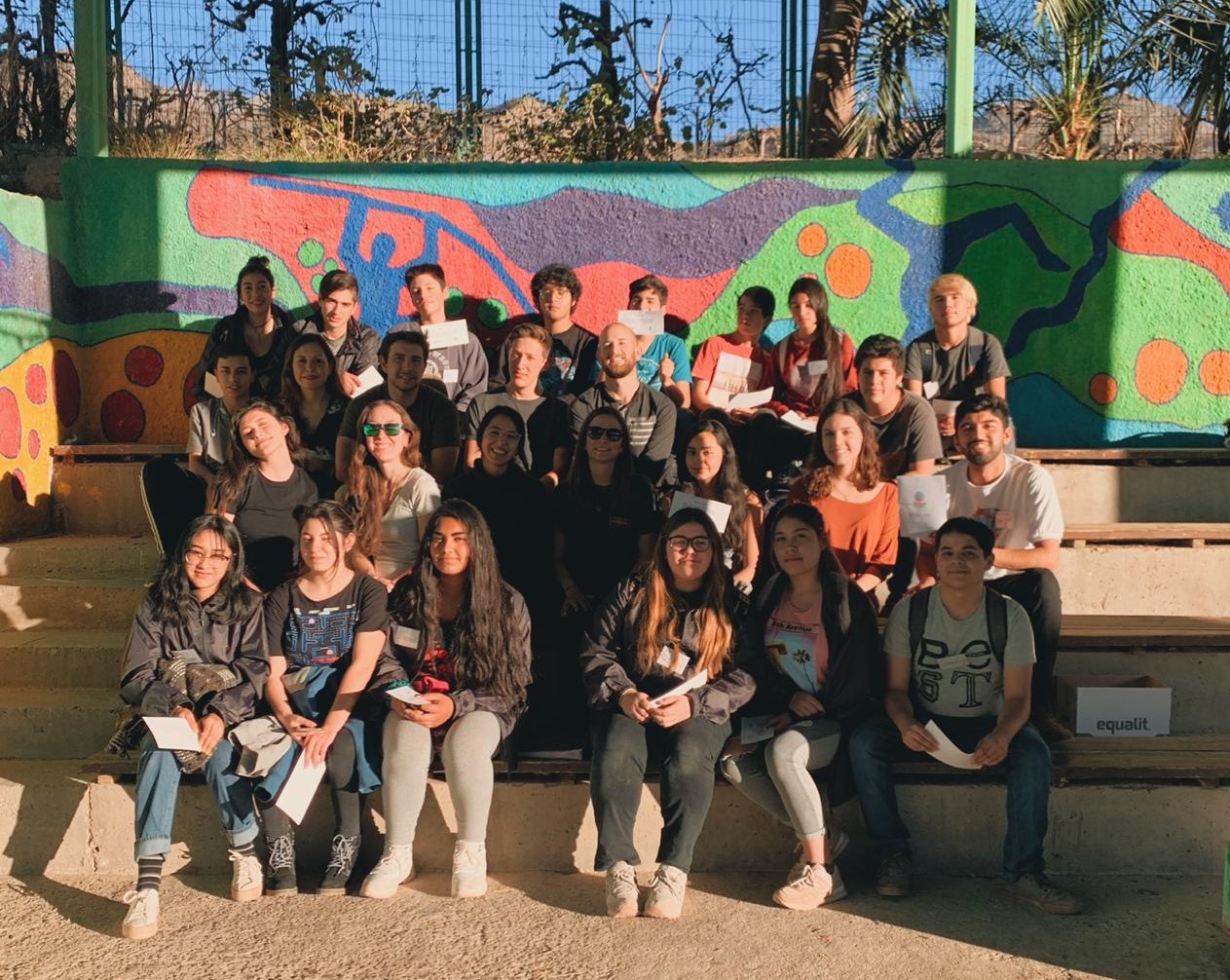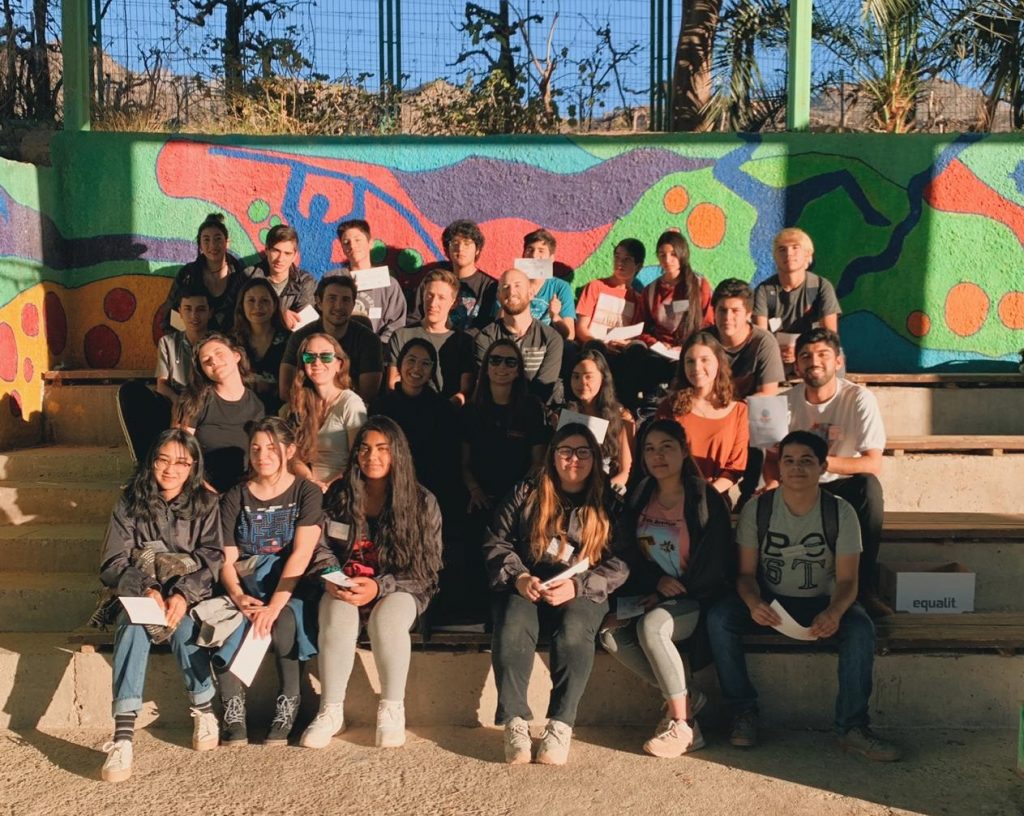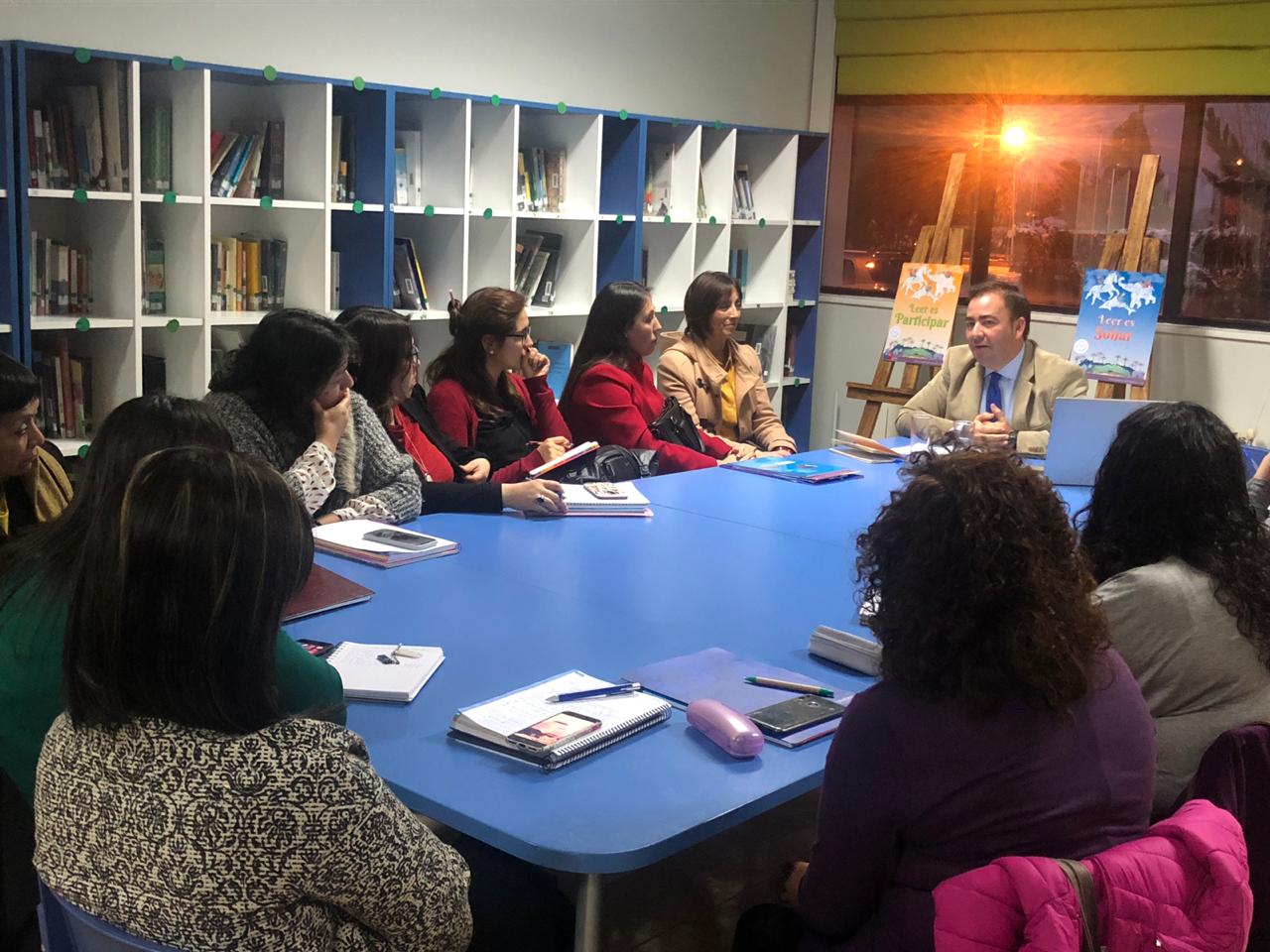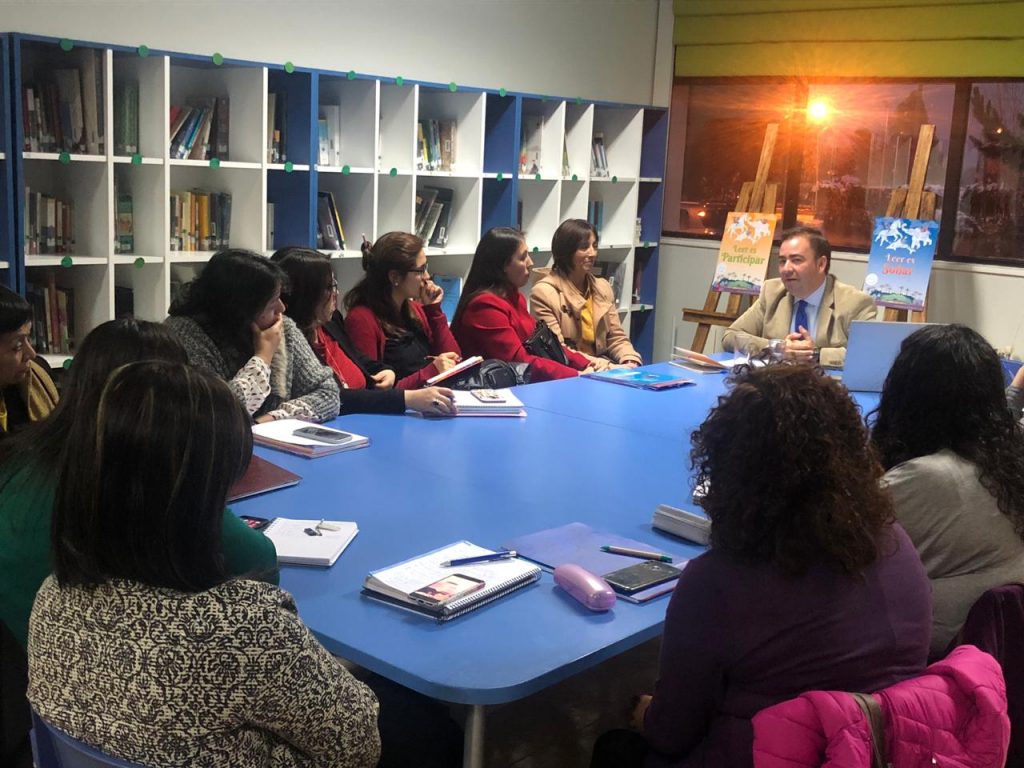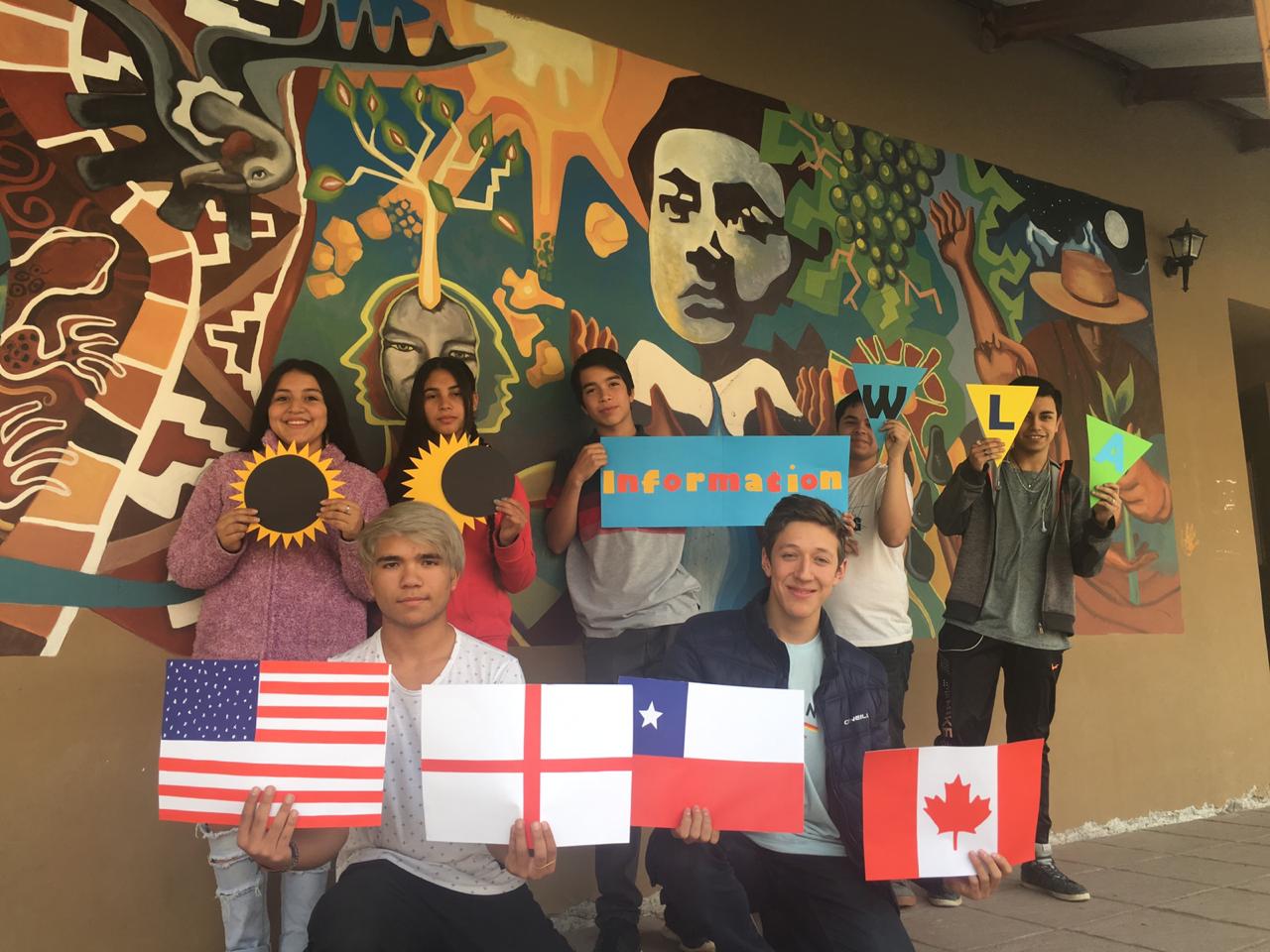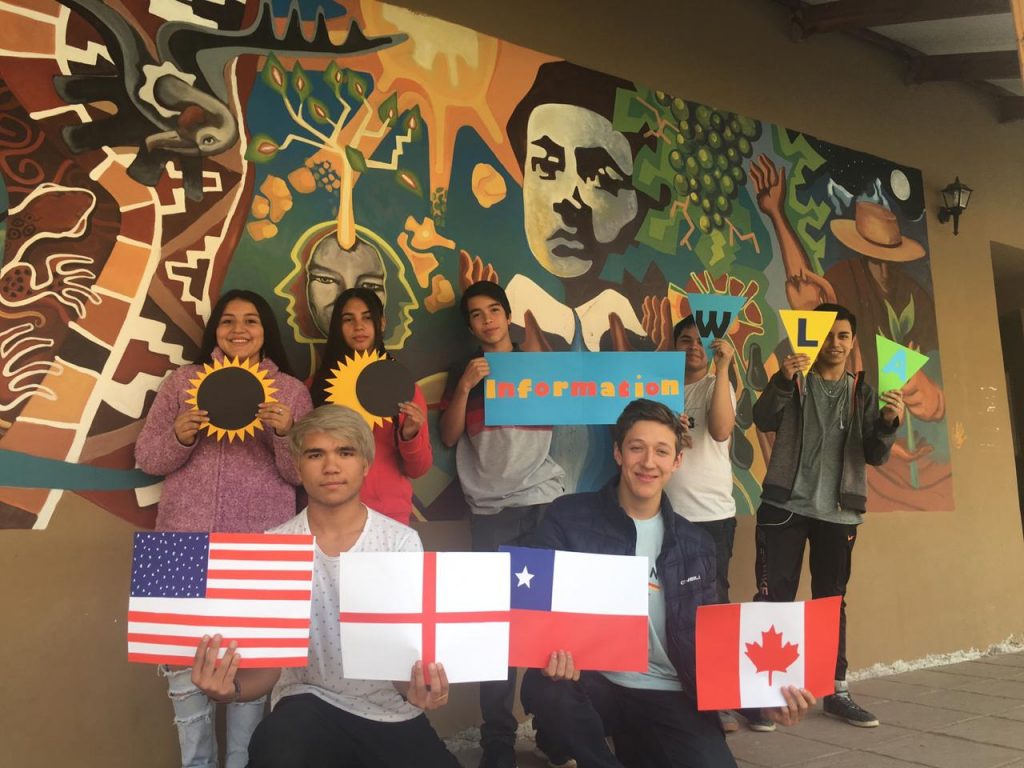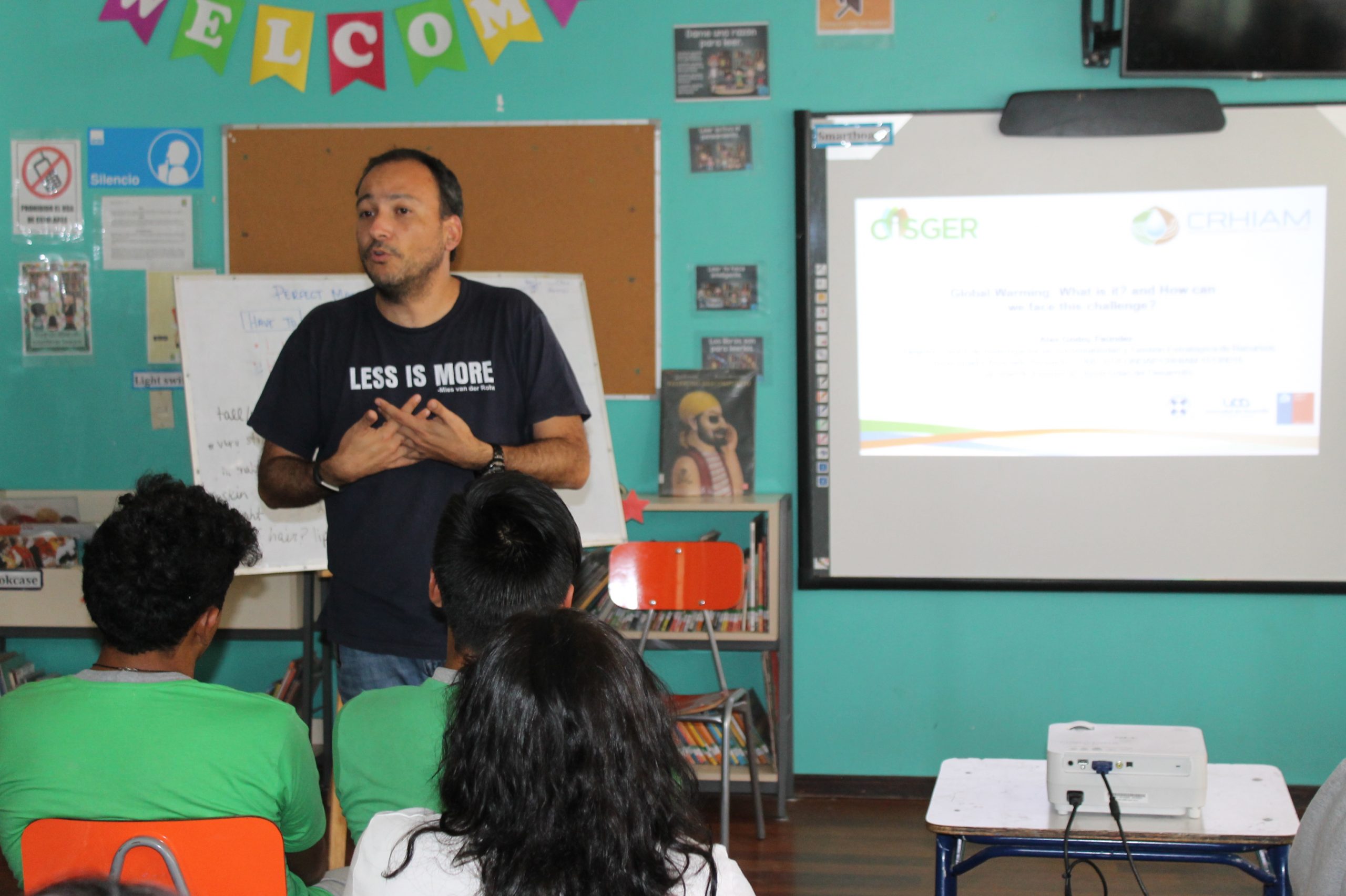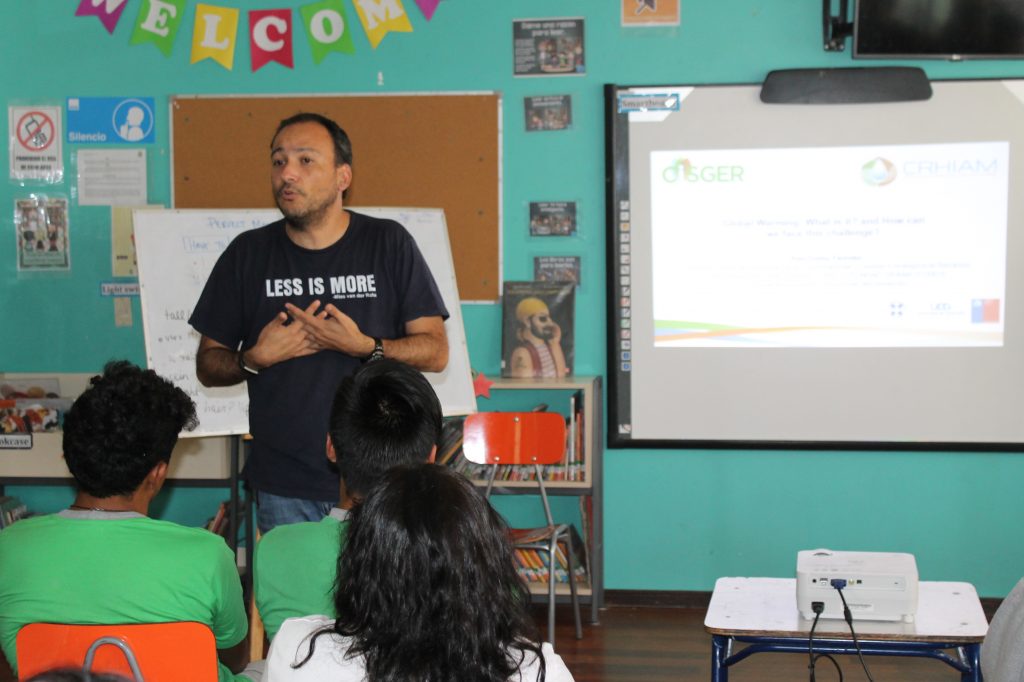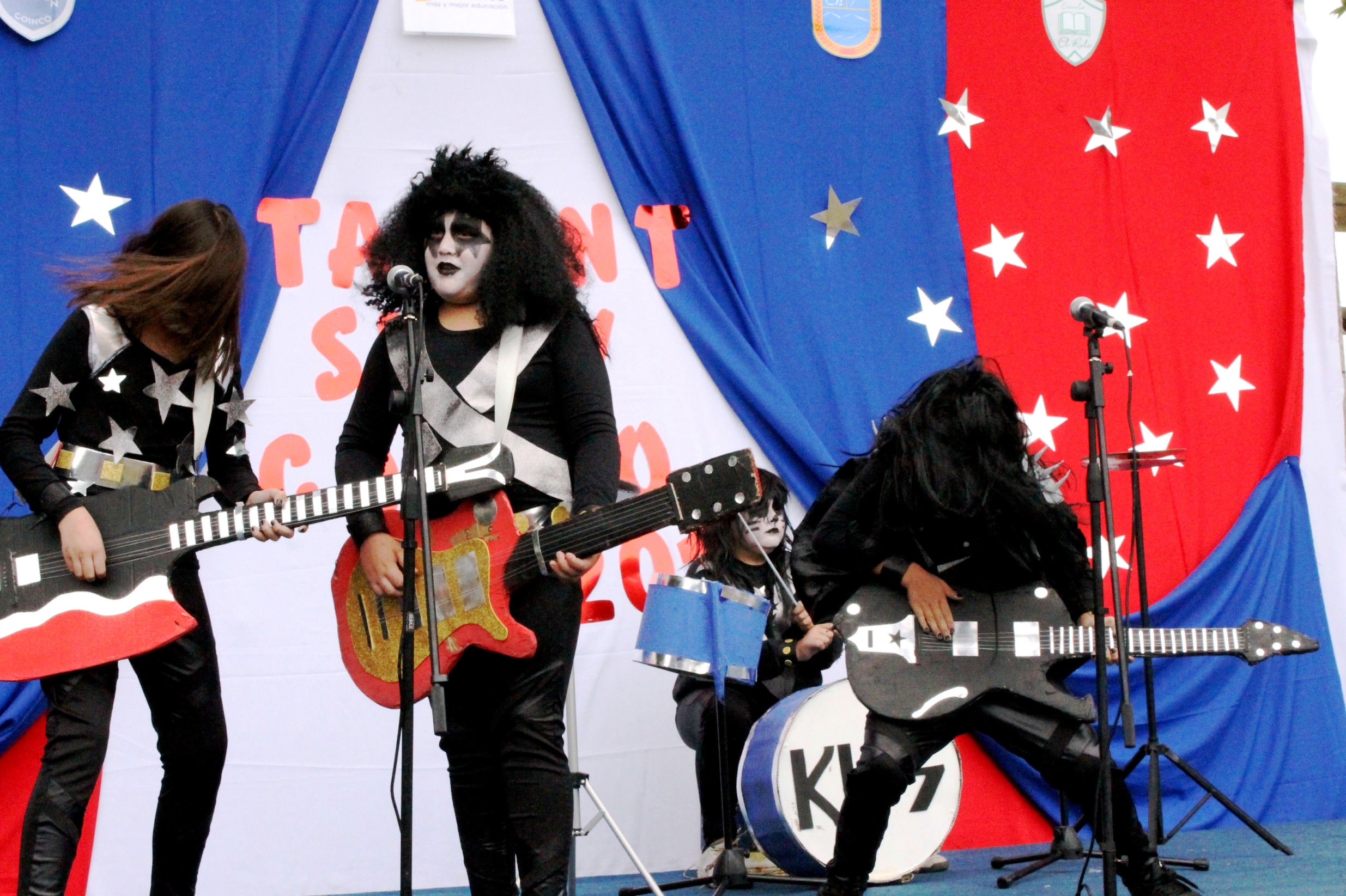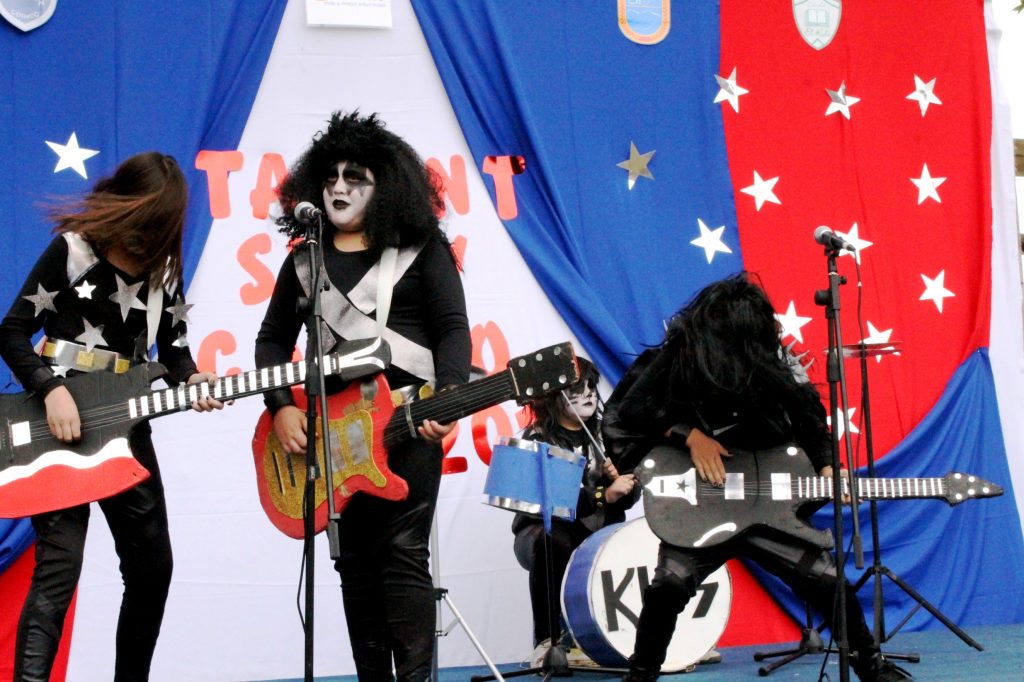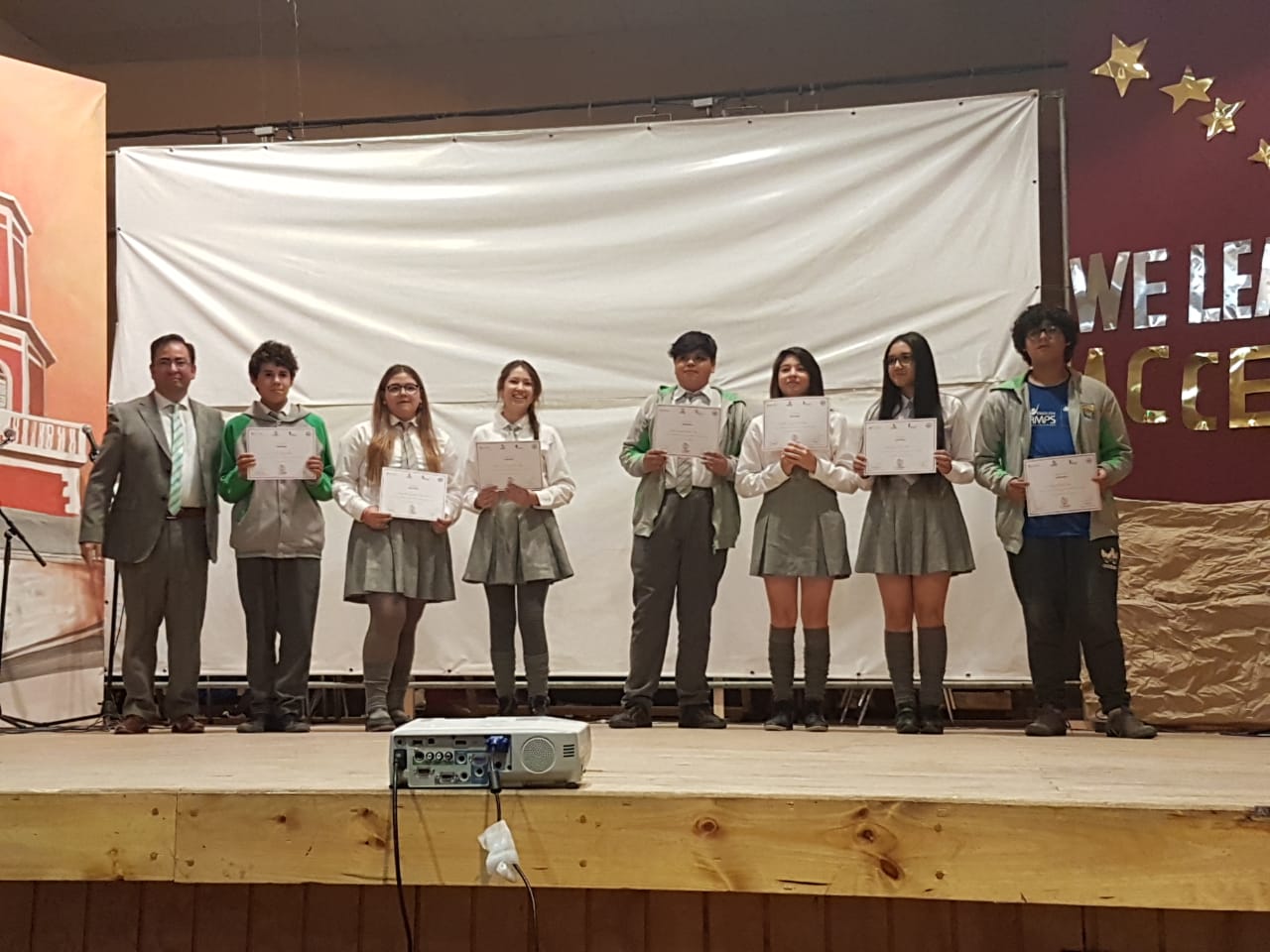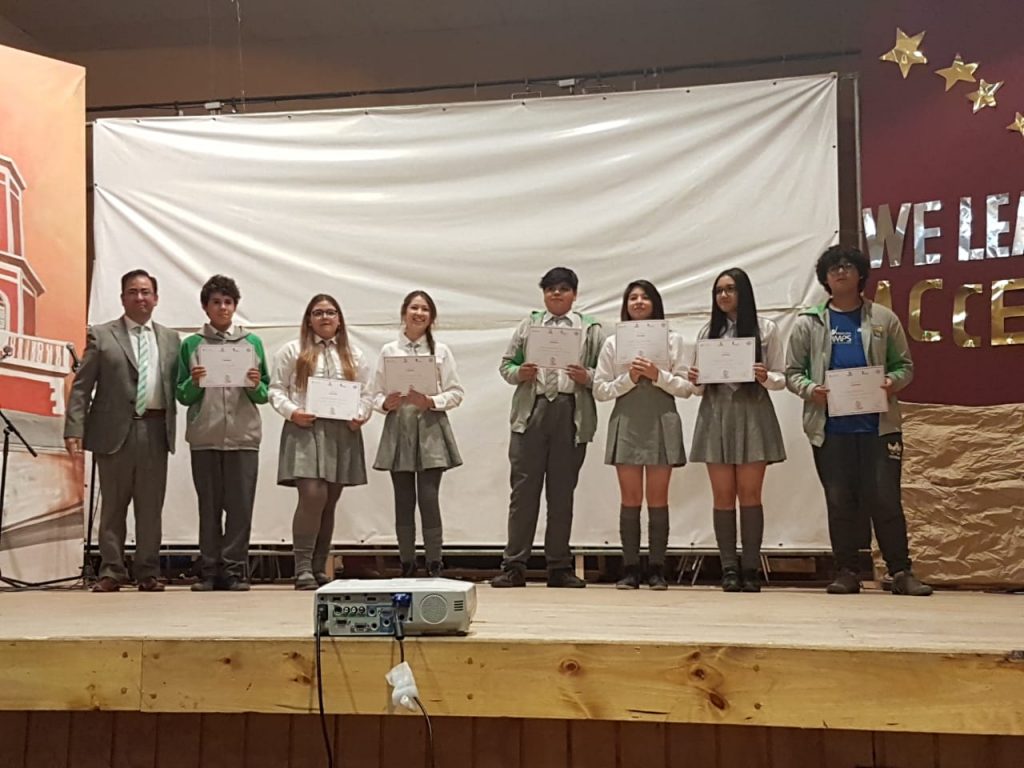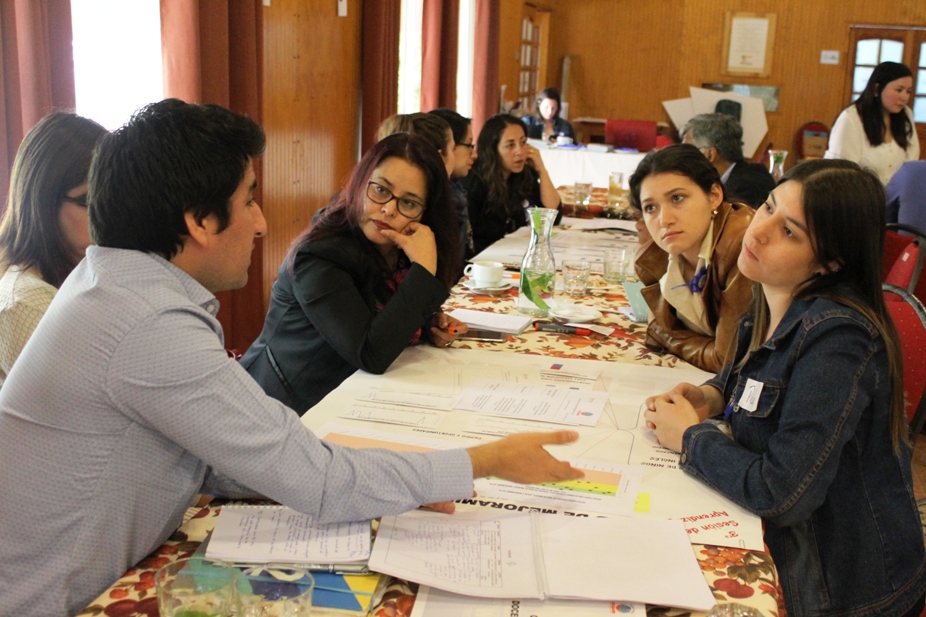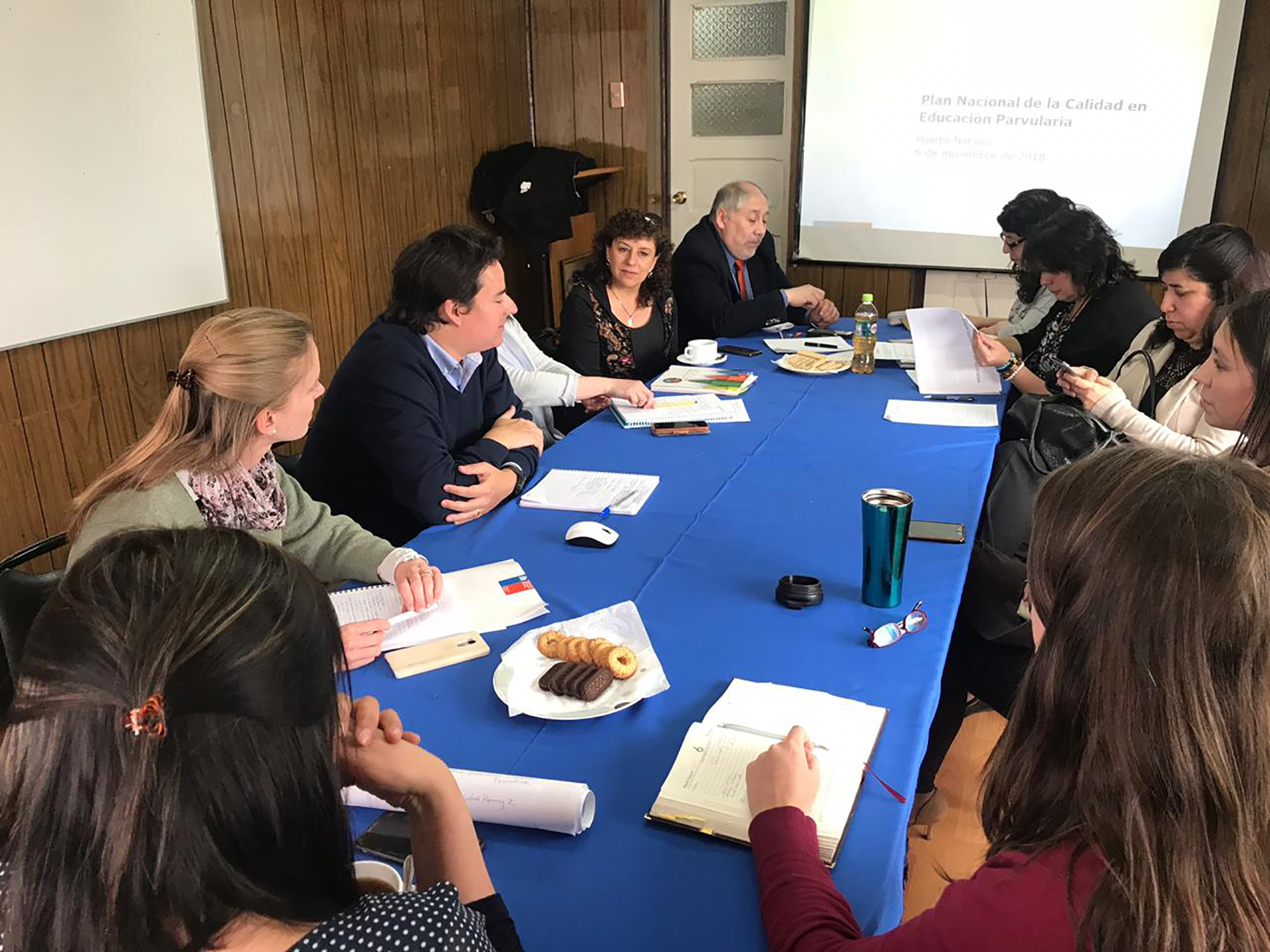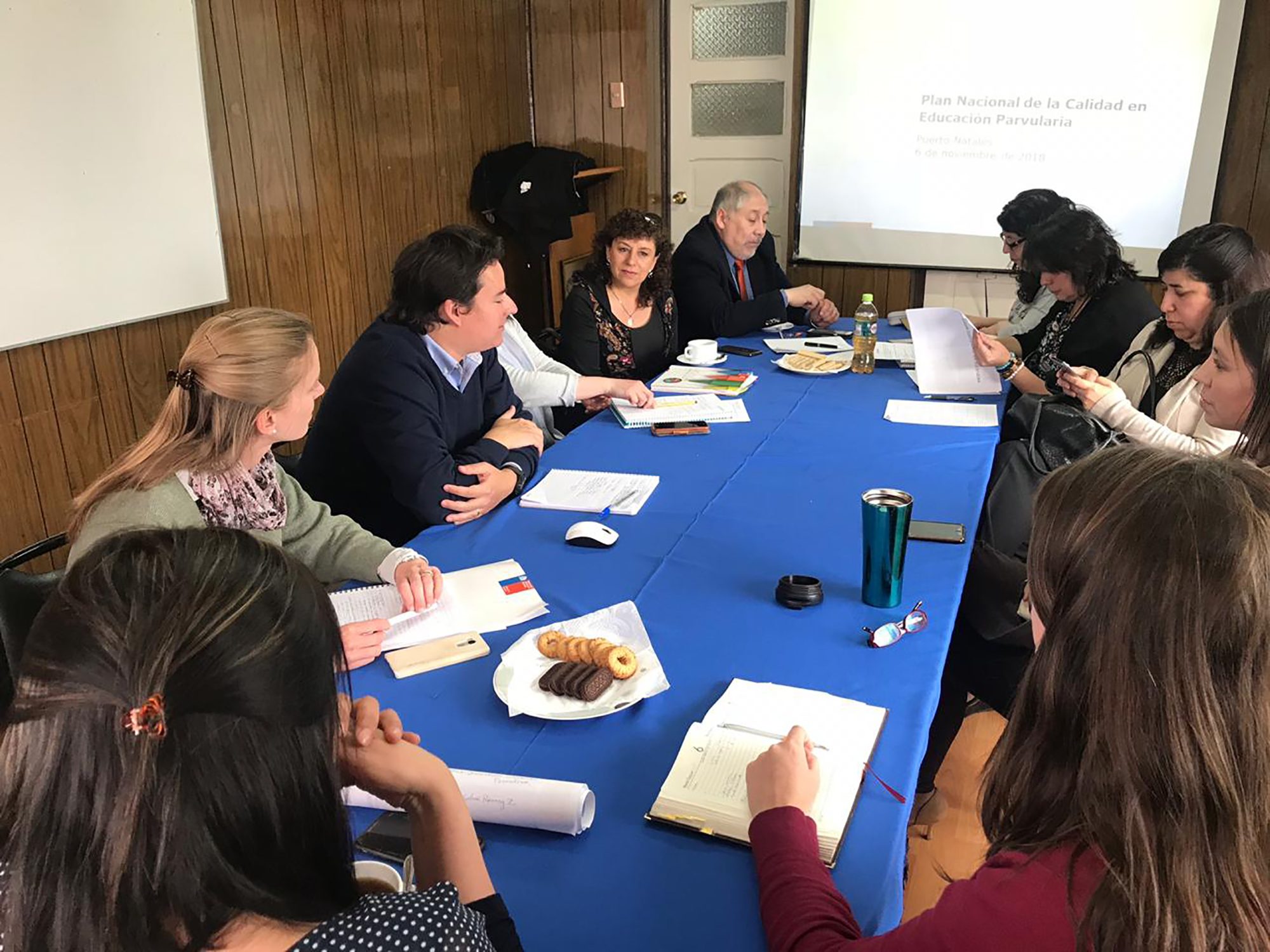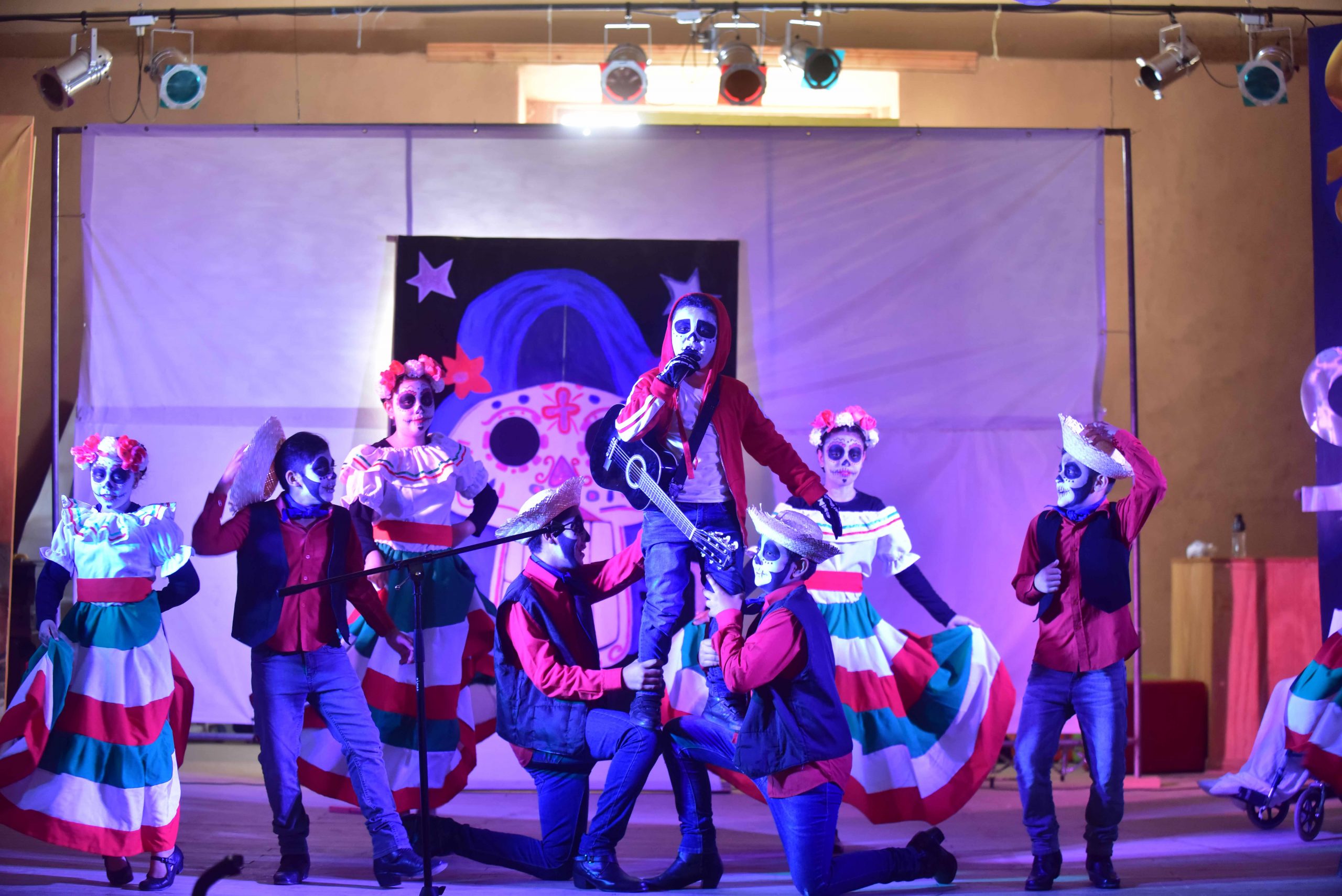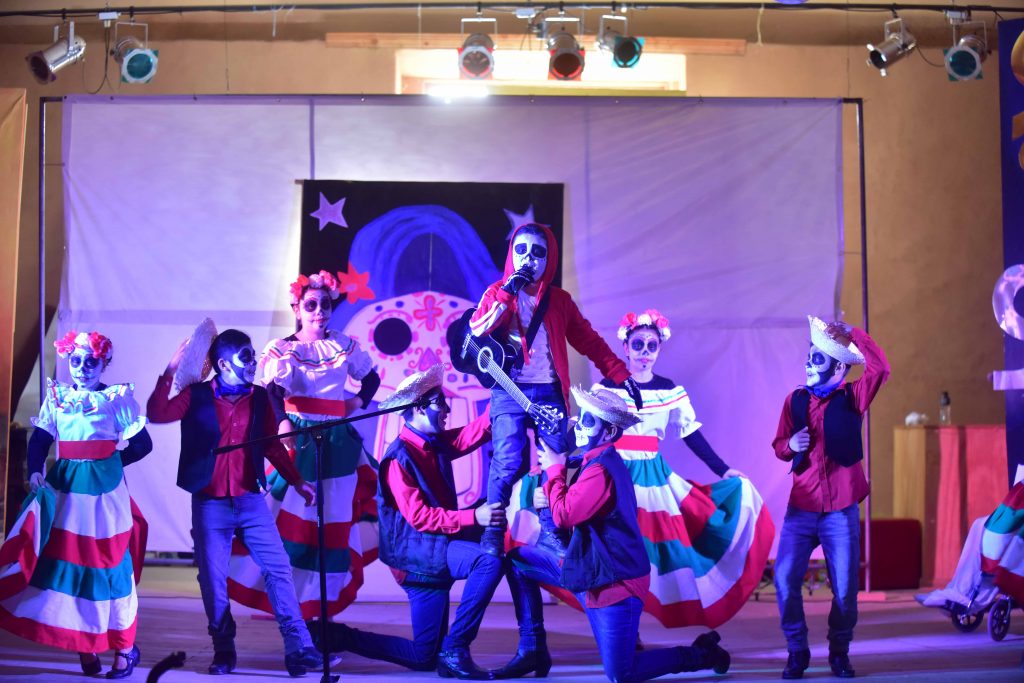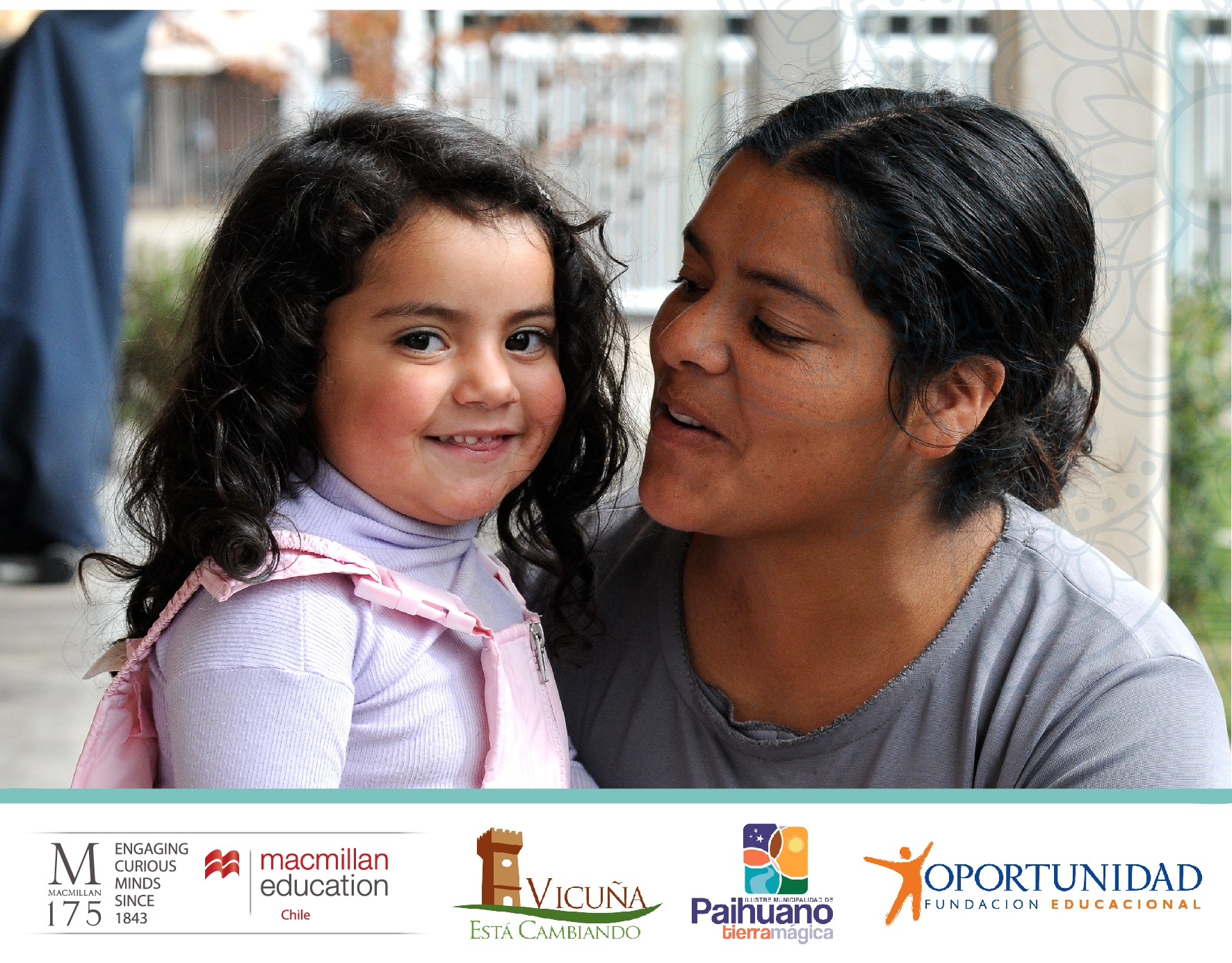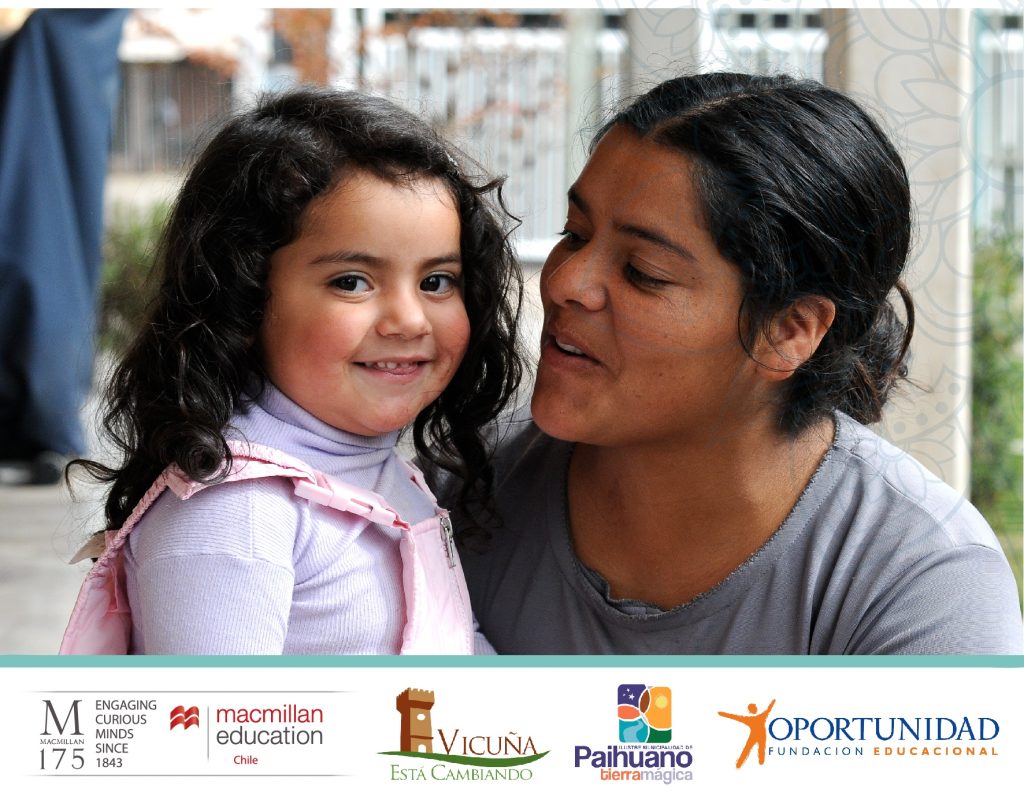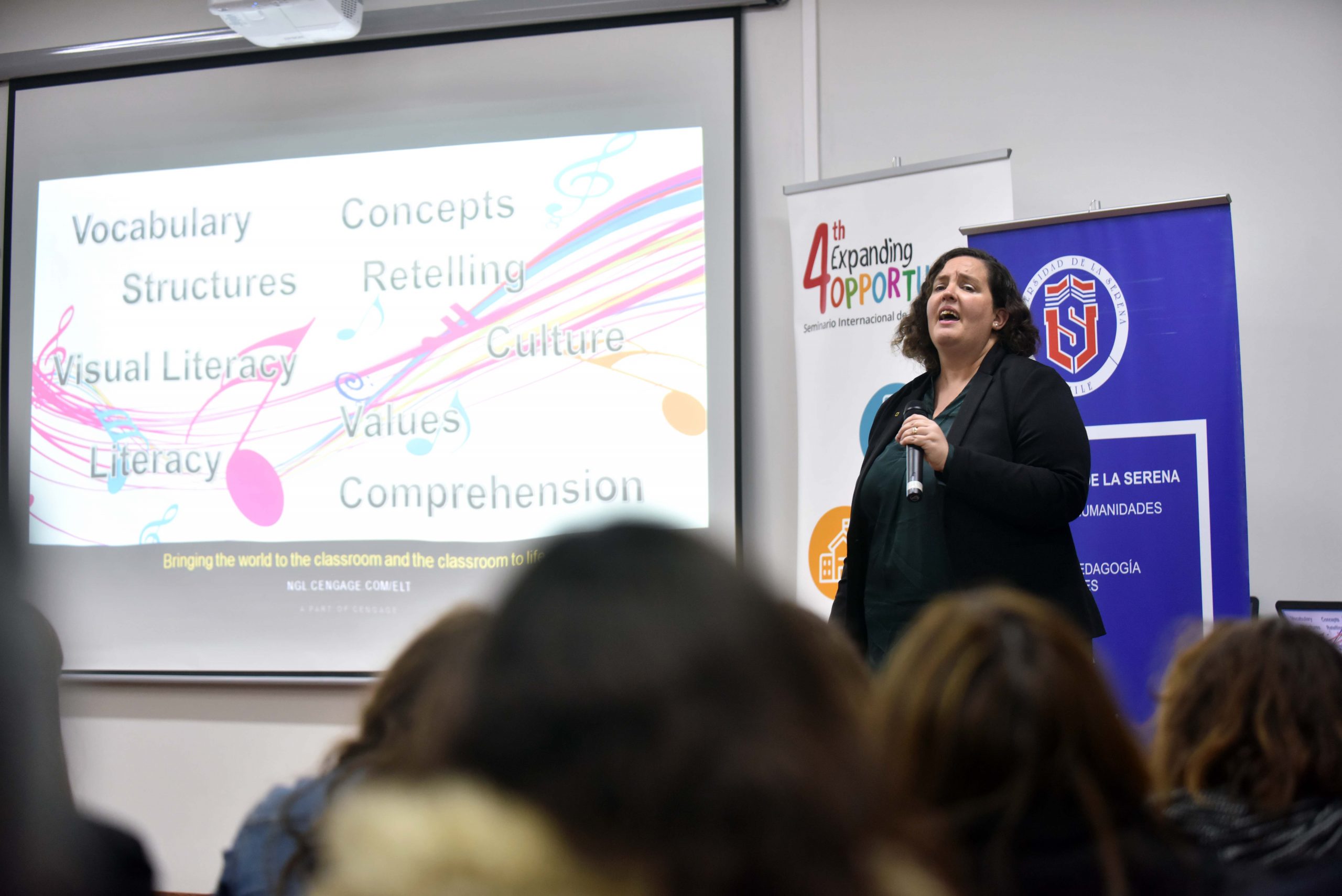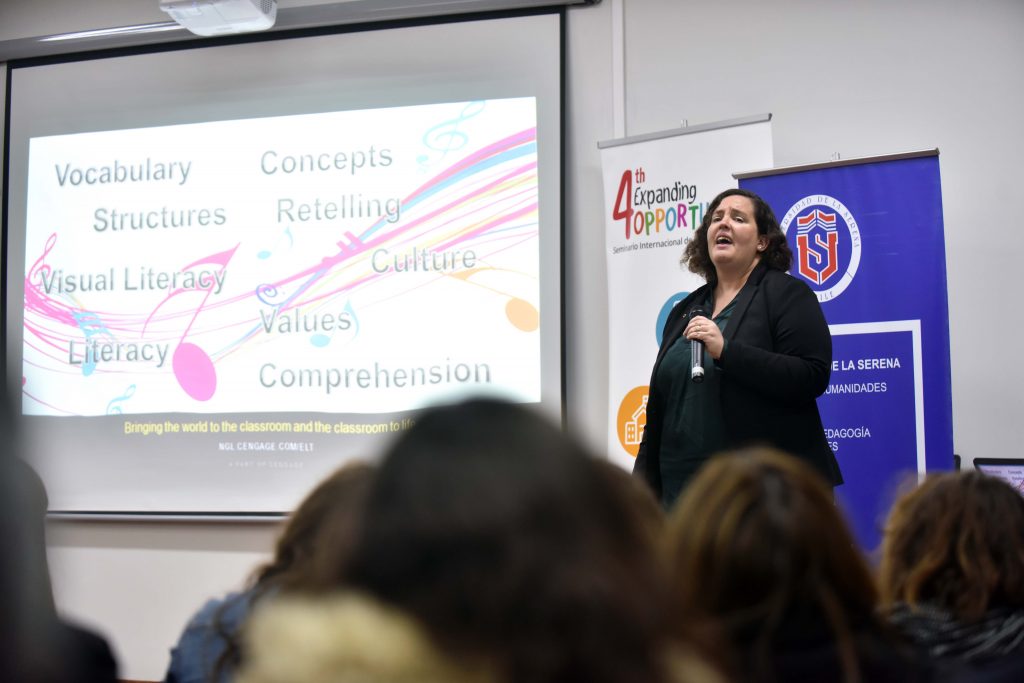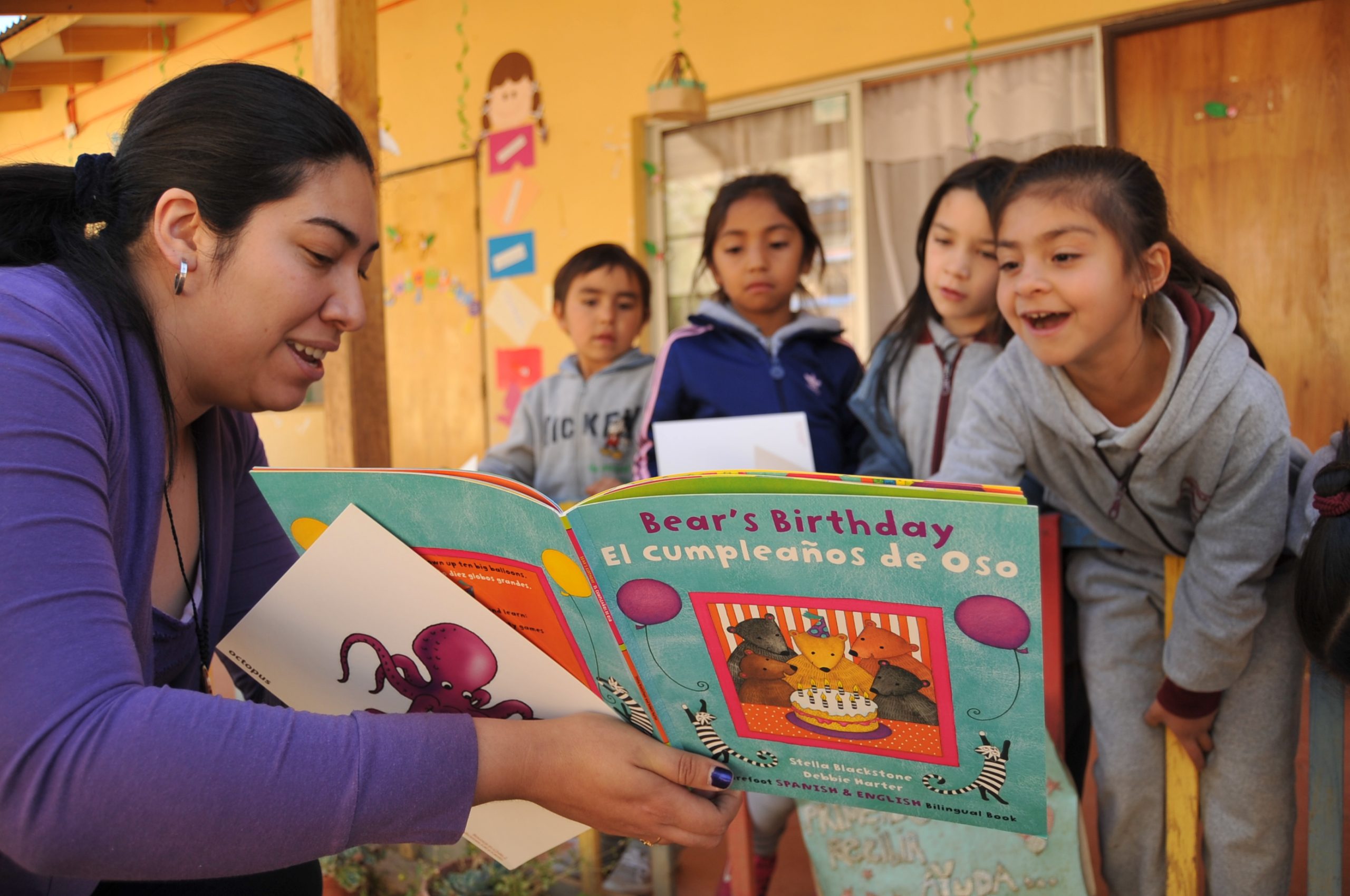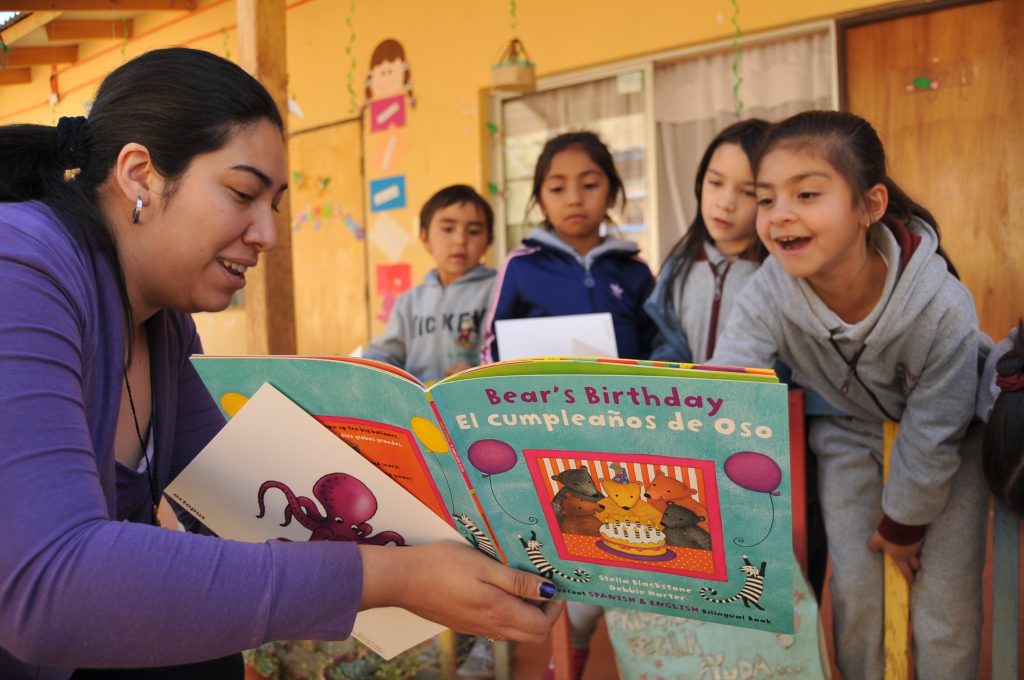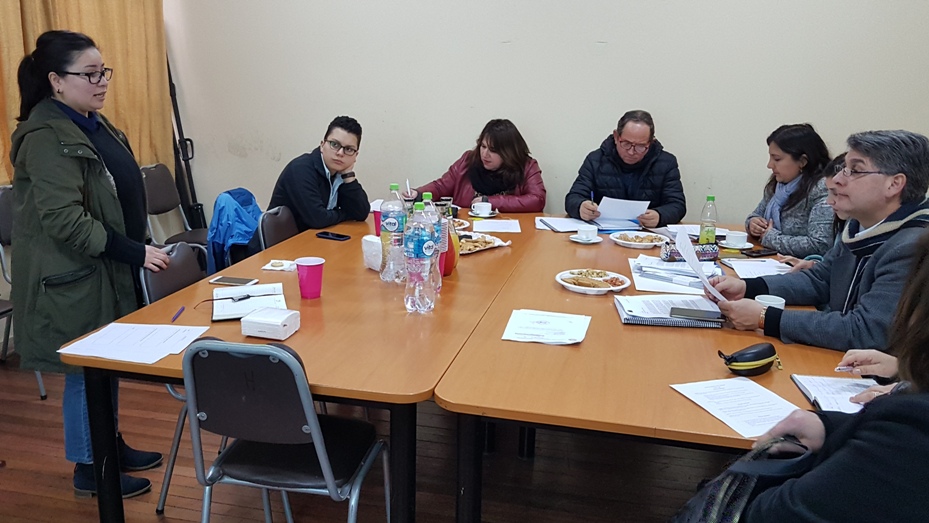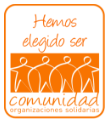The fifth version of the event will be held in La Serena and will feature exhibitors from England and Uruguay and workshops by leading national professionals. In addition, teachers will share their experiences teaching English to children with hearing impairment and tell details of how networks have become a space for collaboration.
One of the main economic activities in the IV Region is tourism, which generates the arrival of around 2 million tourists every year, 15% of whom are English-speaking foreigners. That is why mastering English is so necessary and its teaching from an early age is fundamental to promote the value of intercultural exchange.
In this context, the 4th International Seminar on English Language Teaching Expanding Opportunities was held for the first time in La Serena. The activity was a meeting point for teachers, school principals, heads of UTP, sponsors, academics and students of English language teaching, who learned about innovative and successful teaching experiences to apply both in the classroom and at school level. The meeting also presented experiences of both teachers and principals, involving different establishments such as cultural or musical events, which even involve the parents themselves.
The event featured two prominent international speakers who led plenary sessions and four experts who gave educational talks and entertaining workshops. The talk "Effective use of songs in the English class" by Luciana Fernández, learning and reading consultant at National Geographic Learning, kept all attendees attentive and engaged. "I hope that there will be more opportunities for teachers to get together, learn from others and not feel so alone. I am very happy to have been part of this event," said the presenter.
David Crabtree, Professor at the University of Westminster in London, was another keynote speaker and shared with the audience some models of inclusive learning and how they relate to good practice in the classroom.
María Escobar, English teacher at the Cardenal Caro school in Coquimbo, highlighted the level of both talks: "They were a very playful way of delivering the knowledge to us," she said, highlighting the Foundation's concern for early English language teaching.
In addition, there were poster presentations on successful experiences of teaching and learning processes of this language by teachers from different regions of the country. Martina Garay, a teacher from the commune of Coinco, O'Higgins Region, was one of these panelists and she showed the theatre plays that have been performed with her students in the commune. For her, this event "is incredible and showing what we do in such small communities to other teachers is very motivating".
In addition to the main presentations, participants were able to take part in one of four workshops: "Storytelling", "English through art", "Cultural events in English" and "Guidelines for effective English language management at institutional level", all of which were related to the main themes of the seminar.
Fernando Castro is a graduate in English Pedagogy from the University of La Serena and participated in the workshop "Guidelines for the effective management of English at the institutional level", one of the most requested of the day and considered it very good, "because in general it is always shown what to do in the classroom and this workshop sought to motivate management teams to work on English in a global way".
Meanwhile, English teacher Katherine Galleguillos from the Abel Inostroza Gutiérrez school in Monte Águila, in the VIII Region, participated in the workshop "English through art" and said that "I really liked this workshop, a very interesting idea that aims to teach from the youngest children. The speakers were incredible and really give a boost to pedagogy".
The seminar is organised for the fourth consecutive year by Fundación Educacional Oportunidad, which for the past 12 years has been promoting the early teaching of English through its We Learn programme in the Elqui Valley. Marcela Marzolo, Executive Director of the Foundation explains that "this year we wanted to invite the participants to broaden their view of English teaching, showing that it is not only the responsibility of the English teacher, but of the entire educational community, who can get involved in the teaching of this language with very simple strategies. It is not enough to have successful teachers, good practices must be installed, for which leaders play a fundamental role".
The Fundación Educacional Oportunidad activity was carried out in conjunction with the Universidad de La Serena, with the collaboration of the British Council and National Geographic Learning and with the participation of Bukku Education, Grupo Educativo Inglesa, Colegio Cervantes and English Arts.
